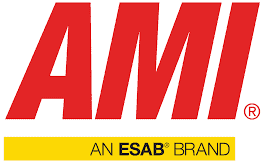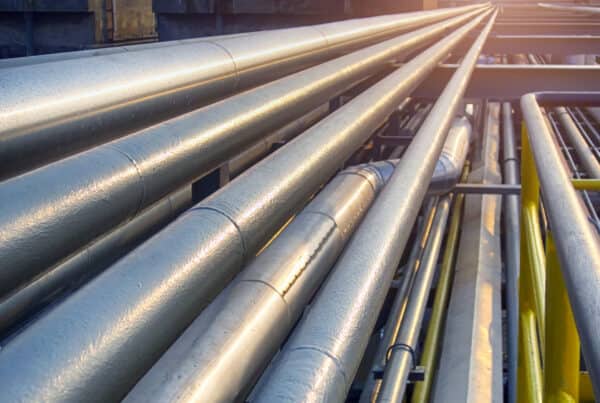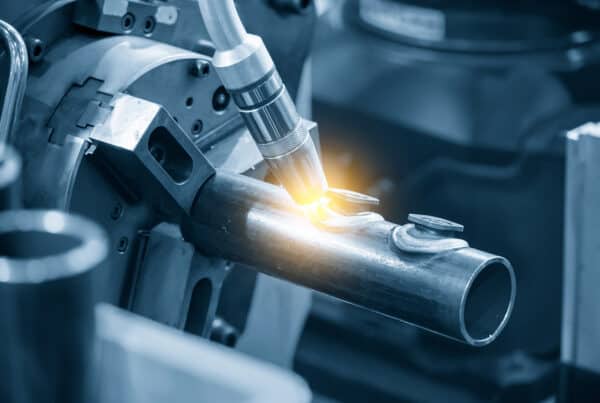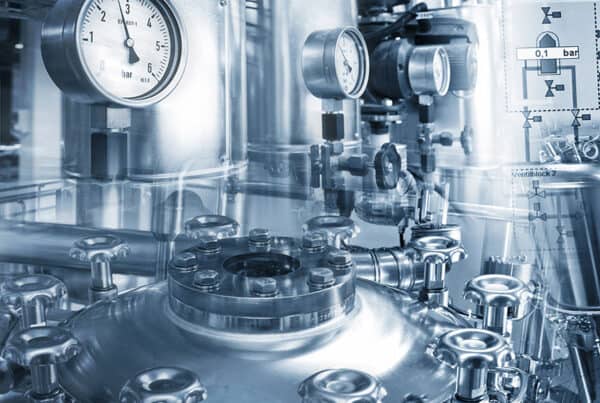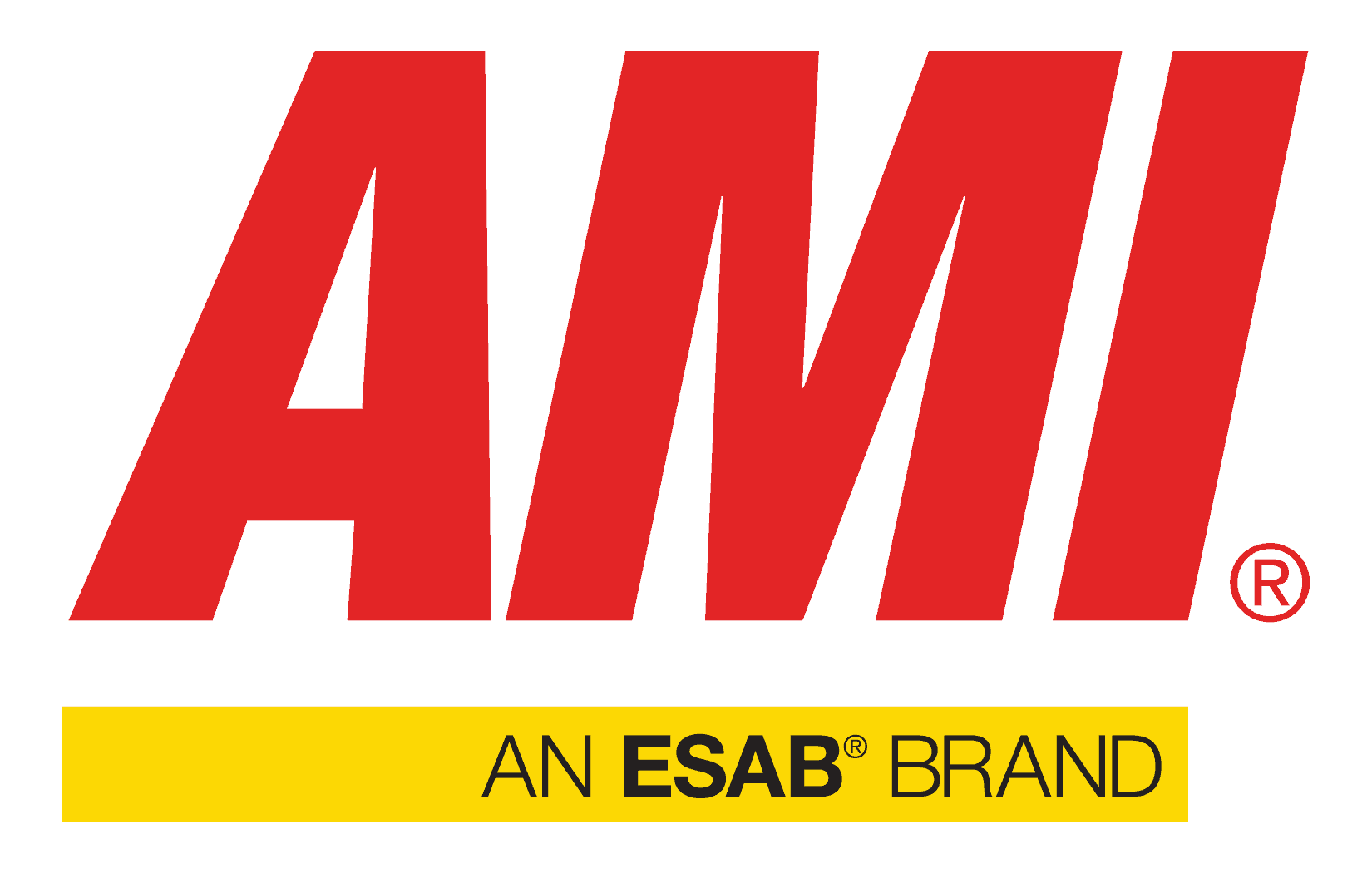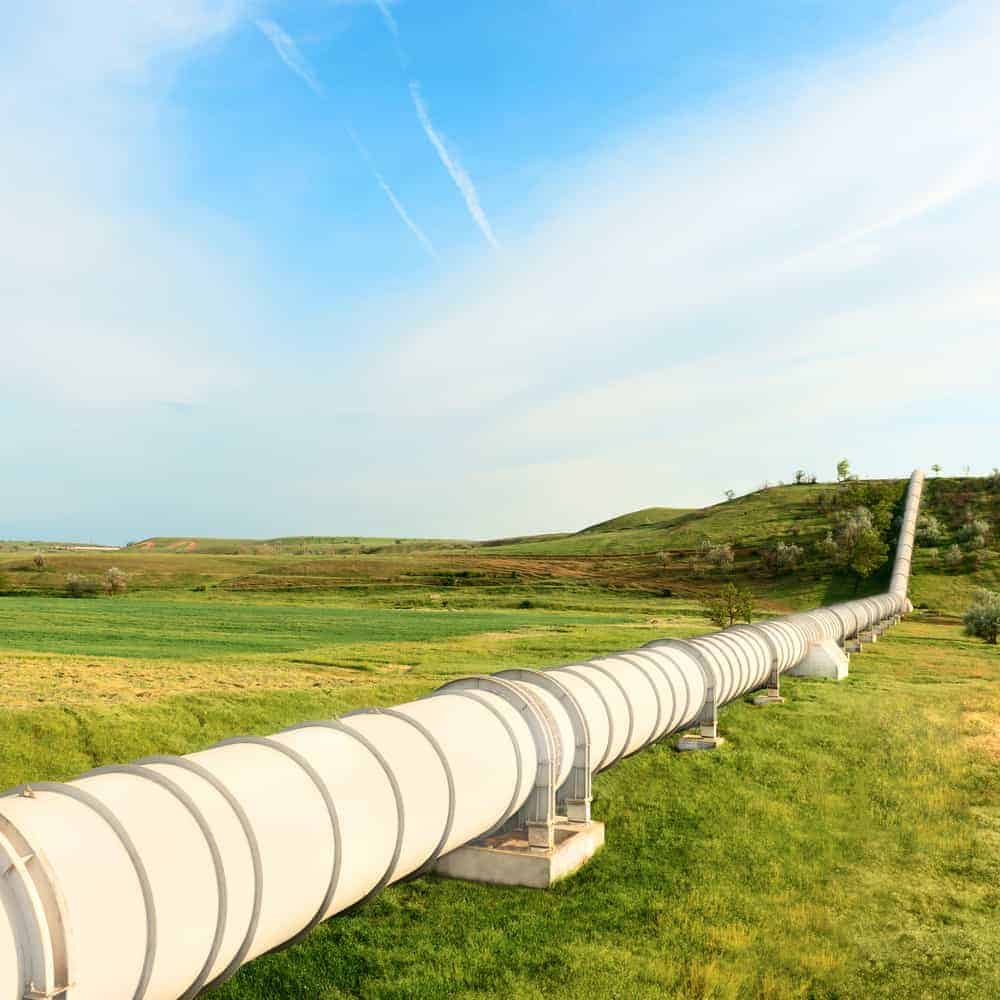
The global demand for natural gas was growing before the recent energy crisis, with the U.S. alone producing 33.5 trillion cubic feet of natural gas in 2020. Increasing interest in natural gas is directly related to its feasibility as an electricity generator less carbon-intensive than coal. This rising interest, at local and global levels, also requires expanding infrastructures for natural gas transportation and processing.
Pipeline assembly introduces the risk of leakage or hazardous accidents if the wrong materials are used or if installation is performed incorrectly.To ensure pipeline safety and quality, especially during welding, the natural gas and pipeline industries must follow the standards outlined by concerned authorities. We will discuss these natural gas pipeline welding codes in this article.
Risk Associated With Natural Gas Pipelines
Pipeline incidents, such as ruptures or leaks, can be especially concerning in natural gas industries, where there is an increased risk of fire hazards or explosions. Additionally, the release of methane presents an environmental risk due to its potential greenhouse gas contributions. Potential hazards may stem from improper installation or pipeline age, and welding is commonly performed to address and minimize these risks. By following established welding codes and standards, welders can ensure the quality and safety of natural gas pipelines and infrastructures.
Natural Gas Pipeline Welding Codes and Standards
The welding standards for a natural gas pipeline, pressure piping, and related facilities are covered by API and ASME standards discussed below.
API 1104 – Welding Pipeline and Related Facilities
The American Petroleum Institute’s (API) 1104 Standard covers welding techniques suitable for carbon and low-steel alloy pipes used for natural gas processing, transportation, and distribution. This includes gas or arc welding techniques for butt, fillet, or socket welds using manual, automated, or semi-automated processes—or a combination of these processes.
The standard also covers the provision for various post-weld inspection techniques that are crucial for natural gas pipelines. A detailed assessment of welded components can check for the presence of pores, cracks, or voids per inch, an important preliminary step to any additional corrective measures.
ASME- Codes for Pressure Vessel and Piping
Welders can apply ASME Section IX when working on containment vessels and pipes in the natural gas industry. Section IX elaborates on the welding procedures and welder qualification requirements when fabricating or repairing natural gas pipelines and related infrastructures. ASME Section IX is supported by ASME B-31 codes covering the material use and fabrication process for natural gas piping in transmission and distribution systems.
Orbital Welding Complements Natural Gas Pipeline Welding
Natural gas pipeline welding is a challenging process with specification requirements that can be difficult to fulfill. Transmission pipelines, for example, are specifically pressurized, which can imply that risk depends on the weld quality along the pipeline diameter. From the first root pass, orbital welding proves an efficient process through parameter control and precision welding. The weld produced with orbital welding is clean and consistent, which helps reduce contamination and potential weld defects. The portability of modern orbital welding machines also enables welds to be performed in remote natural gas pipeline locations.
API 1104 presents the acceptance criteria and specifications that focus on automatic welding processes. By following the guidance of natural gas pipeline welding codes while leveraging orbital welding’s control and speed, operators can deliver efficient and cost-effective pipeline welds that adhere to safety standards.
Arc Machines, Inc. is an industry leader in orbital welding solutions, including welding machines and weld heads. With decades of welding expertise, we can help you satisfy natural gas pipeline welding codes and standards. For inquiries regarding products, contact sales@arcmachines.com. For service inquiries, contact service@arcmachines.com. Arc Machines welcomes the opportunity to discuss your specific needs. Contact us to arrange a meeting.
